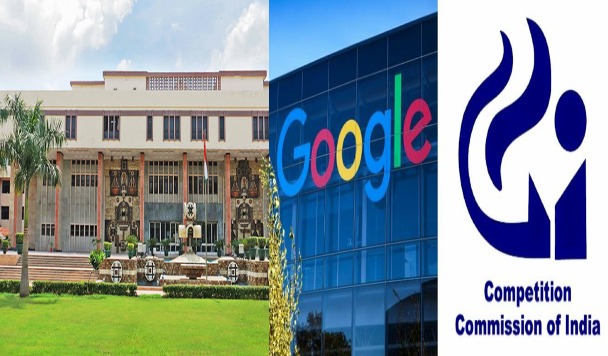
The Delhi High Court on Monday directed the Competition Commission of India (CCI) to take up and dispose of applications filed by a group of start-ups challenging Google’s new in-app billing policy by April 26.
A single bench of Justice Tushar Rao Gedela heard a petition filed by the Alliance of Digital India Foundation (ADIF), whose members include PaytM, Matrimony.com, TrulyMadly, MapMyIndia, and several other startups.
“There is no impediment, whether legal or otherwise, in directing the CCI to hear the applications filed by the petitioner under section 42 and decide it on or before April 26“, the bench directed.
According to ADIF, Google previously required app developers to use its Google Play Billing System (GPBS) payment method for all transactions, including in-app purchases and paid app downloads.
This GPBS reportedly had a 45-day settlement period and a 15–30% commission.
However, the CCI fined Google in October 2022 and ordered it to permit the use of third-party billing services for in-app purchases.
The ADIF claimed that Google is introducing a policy known as “User Choice Billing” (UCB), which will take effect on April 26, in an effort to evade the CCI directive.
The petitioners argued that the UCB is merely a disguised version of the GPBS, which pretends to grant app developers the freedom to choose third-party payment processors.
However, the petition claimed that even if a user uses one of these third-party payment processors, Google will still charge the developers a service fee of 11-26%.
The ADIF informed the High Court that despite filing numerous applications with the CCI to address Google’s noncompliance, the Commission had yet to act because there was not a quorum. Because of this, Google can continue to abuse its dominant position in the market.
The plea claimed that Google is abusing the CCI’s lack of quorum by engaging in anti-competitive behavior that will harm the petitioner’s members and other app developers in the market irreparably and distort the market.
Therefore, it asked Google for directions to hold off on implementing the UCB until the CCI made a decision regarding their applications. The tech company is also looking for instructions on how to avoid adding any commission fees to transactions made using third-party payment processors.
On behalf of the petitioner, advocate Abir Roy stated that he is requesting a ruling that the CCI has the right to properly apply the doctrine of necessity in this situation and begin non-compliance proceedings against Google, which is attempting to disobey the commission’s order.
He argued that applying the doctrine is necessary because the CCI currently lacks quorum and that the courts have established that this is permissible by citing a number of decisions on the subject.
Cyril Amarchand appeared for Google, and senior advocates Sandeep Sethi and Sajan Poovayya gave Chandhiok & Mahajan legal advice. They argued that the Competition Act requires a quorum of three members or more, not less.
According to Sethi, the Commission must receive the approval of three members before considering any questions.
The doctrine of necessity, according to Poovayya, is not an exception to the quorum rule.
The senior counsel added that the petitioner still had a legal option to appeal to an appellate tribunal under Section 42A of the Competition Act even if there was no quorum at the CCI.
N Venkataraman, Additional Solicitor General (ASG) for CCI, disputed the claim that the commission requires the presence of three or more members in order to consider the proceedings.
He argued that the Act’s language is broad and does not specify a qualification either at the time of appointment or during the meeting stage.




